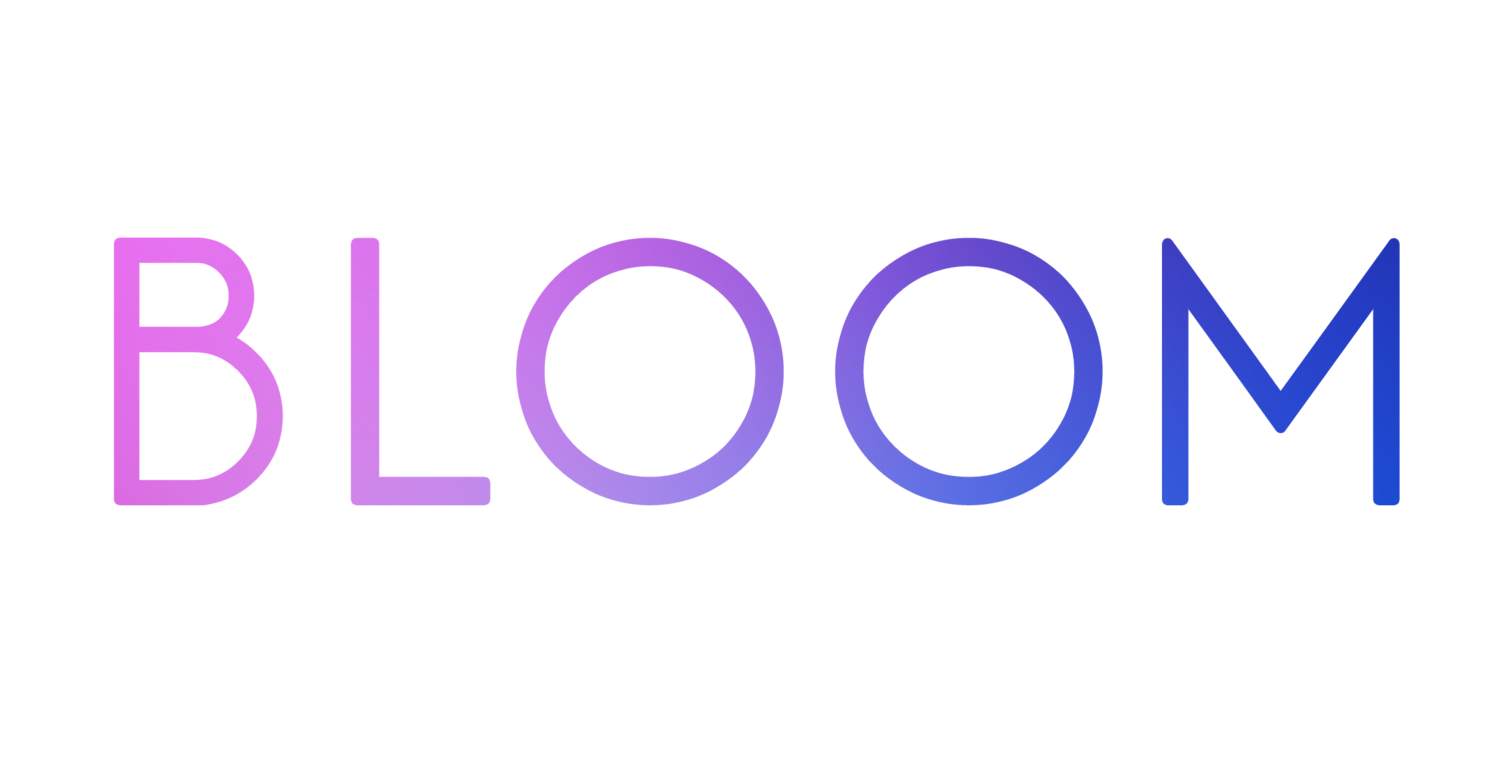“We are the global majority, not a minority.”
In my 10 years in media, advertising and communications, I’ve never once attended an event where all panellists are of South Asian heritage, and what a delight that was!
The panel discussion “Journeys of Empire”, moderated by the brilliant Lou Nylander, brought to light several topics:
What does it mean to be South Asian, is the term South Asian too broad?
How does your identity affect your career? Why are there not many South Asians in the industry?
How do we ensure diverse voices are in the room, does that start at the top?
The impact of the British Empire is still seen and felt today by many South Asians, and it was interesting to hear about the impact it has had on identity. Ticking a box that describes us as “British Asian” is not all-encompassing for the South Asian experience that has been created as a result of the Empire. Many moved to East Africa, to countries like Kenya or Uganda, and their upbringing is a blend of Ugandan, Indian and English experiences.
This was highlighted by Priya Patel, who describes herself as all of the above. Patel shared how confusing that is to both some Indians who didn’t share this experience and those not familiar with the migration of South Asians to East Africa. Her experience was one that I related to, as my paternal family too emigrated from Kenya to London.
It was insightful listening to Maninder Paul, who moved to the UK from India several years ago, and how the perceived notion of Britain as the “motherland'' is still very much present. The reality for many Indians who move to the UK, unfortunately, experience racism overtly and through microaggressions in the workplace. A challenge Paul dealt with and conquered having built an illustrious career in marketing while highlighting the importance of education in addressing bias.
Nylander highlighted that we don’t tend to see South Asians in our industry, with many taking the route of Engineering, Medicine, Computer Science and Finance. Suggesting that careers in media and advertising may not necessarily be job paths highlighted to South Asians as young adults. A point that panel agreed with and also resonated with me. It’s a career path challenging to explain to parents. Although I empathise with our parents who encouraged more traditional career paths as they guaranteed security, something they wanted for themselves and their children as they experienced insecurity leaving their home countries and coming to the UK. However, now media and advertising is a thriving industry, one where it is important to have South Asians represented and events like these highlight how we can do more to bring diverse backgrounds to advertising and media.
We are seeing a welcome shift towards the representation of the South Asian experience in media, from the Sharma sisters in this season's Bridgerton, to Mindy Kaling’s “Never have I ever,” on Netflix. Finally, we are being represented, but more can be done. Especially representation of the South Asian experience in the UK, considering South Asians make up three million of the British population. It begs the question, is it down to Shonda Rhimes or Mindy Kaling to share these stories, what happens when we don’t have black and brown women in the room to advocate for our stories? Gary Rayneau and Davina Rajoopillai discussed the importance of equity, the ability to have a fair opportunity, and the notion that whilst we may be underrepresented at the top, leaders have a responsibility to educate themselves and advocate for our South Asian stories. Davina Rajaoopillai, of Badlands, a film and cultural studio is doing just this, consulting brands to include culturally relevant stories.
The word I would use to describe the panellists is change-makers. All have the drive to make a change for the stories and representation of South Asians in media and advertising, as it was perfectly described, we are not a minority we are the global majority. As a first-generation British Indian woman, I couldn’t be more grateful for conversations such as these to elevate South Asians in our industry, as Lizzo perfectly puts it “it’s about damn time.”
